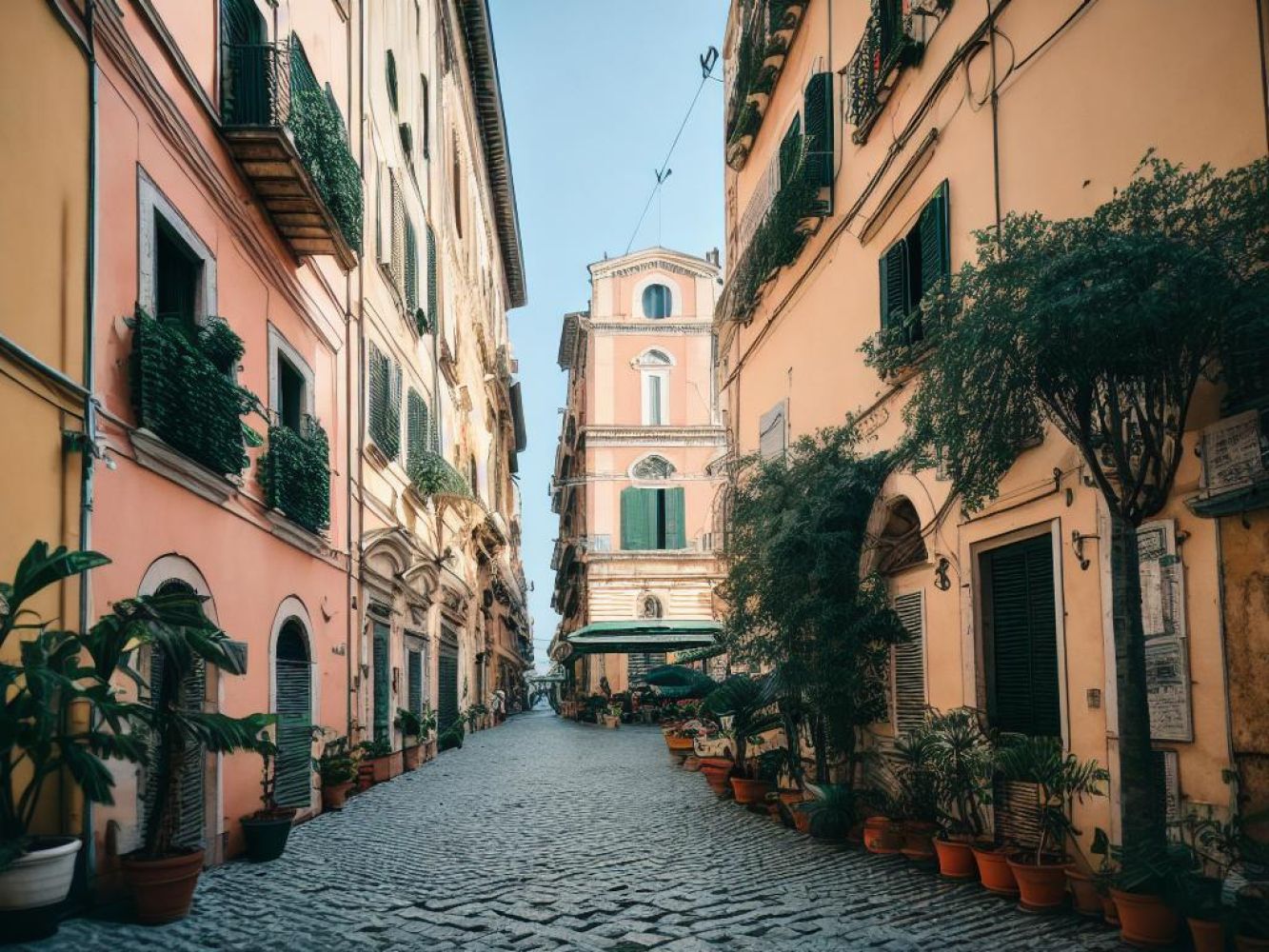Understand
Naples, also known as Napoli in Italian, is a city drenched in ancient history and cultural richness. Its name derives from the ancient Greek word Neapolis, meaning "new city." The Greeks were the first to establish this vibrant city, and it has been inhabited long before Roman times. When it comes to language, the most widely spoken tongue in Naples is Italian. However, you may also encounter a mixture of Italian and Napulitano (Neapolitan) dialect. Neapolitan holds a unique place in the region, with some considering it a separate language due to its distinctive characteristics. Although it lacks official status, Neapolitan boasts a rich literary tradition and continues to thrive in Campania and neighboring regions. Naples' language influences stretch beyond Italian. The city's history of Spanish and French occupation has left its mark, making the locals more familiar with Spanish and French words compared to other parts of Italy. While English is the most commonly spoken foreign language, proficiency levels can vary. Religion plays a significant role in Naples, with Catholicism being the predominant faith. However, you will also find pockets of Christian Orthodoxy, Islam, and Buddhism within the city. Neapolitan devotion to Catholicism is unique, characterized by outward displays of religiosity. Throughout the central districts, you'll encounter shrines and sacred icons, with the cult of San Gennaro being particularly prominent. This devotion reflects the larger "superstitious" attitude historically ingrained within the locals, which traces its roots back to pre-Christian practices. Alongside icons of saints, you may come across more "profane" amulets and lucky charms, such as the typical Neapolitan corno. San Gennaro, Naples' patron saint, is celebrated on September 19th. The city proudly showcases various sites associated with the saint, such as the Duomo di San Gennaro, the Catacombe of San Gennaro, and the Obelisco di San Gennaro. Toledo metro station's colorful mosaic depicts a procession guided by Saint Gennaro. Furthermore, Neapolitans have long believed that San Gennaro's blood has protected the city from the threat of Vesuvius and the tragic fate of Pompeii and Herculaneum. To this day, the faithful gather twice a year in the Duomo to witness the liquefaction of the saint's blood, the miraculous sign of safety from volcanic eruptions. Immerse yourself in the captivating allure of Naples, where history, devotion, and miracles intertwine to create a city like no other.








Comments
NO COMMENTS